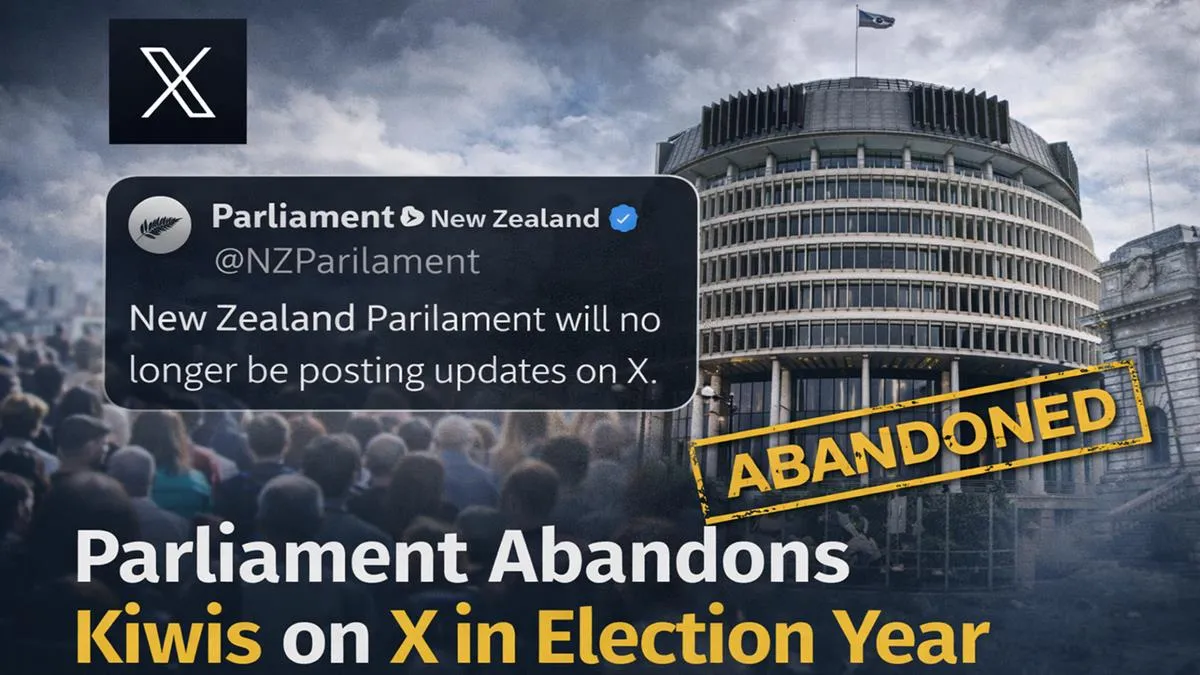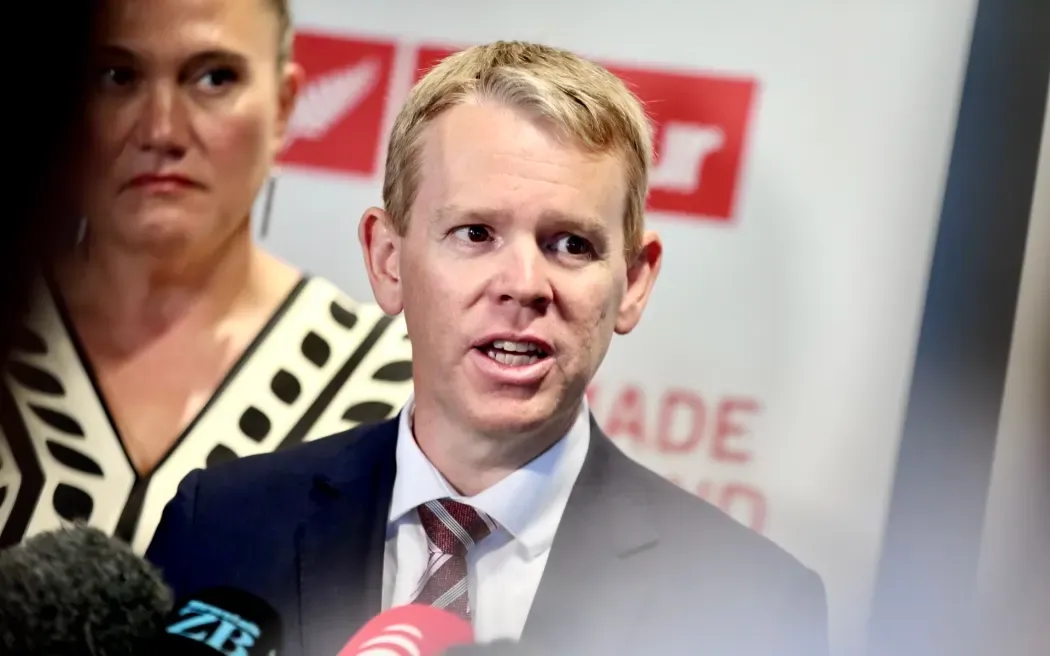Table of Contents
If you don’t have a Silver level membership yet you are missing out on our Insight Politics articles.
Today is a FREE taste of an Insight Politics article by writer Graham Adams.

Our Prime Minister’s Two-Faced View of Democracy
When Jacinda Ardern spoke at Madrid’s “Tech 4 Democracy” conference in late June, few in her audience would have guessed she has been busily undermining New Zealand’s own democracy since she won a landslide victory in the October 2020 election.
Never short of a pious homily, Ardern opined that the “real duty” of political leaders was, “…to nurture a thriving and effective democratic system that protects human rights and provides for people’s long-term wellbeing.”
Her Spanish audience may well have been impressed but many New Zealanders would have been cynical. What is becoming starkly apparent is that Ardern plays democracy’s champion when she is overseas but at home she is far more equivocal when questioned.
Over the past 20 months, New Zealanders have seen that Ardern’s idea of democracy is not one of equal suffrage — despite the principle of “one person, one vote of equal value” having been an animating force in New Zealand since 1893, when it became the first nation to give women the vote.
Instead, she appears to favour a hybrid, race-based system — where those with Maori ancestry are granted a greater say than non-Maori.
This was made particularly apparent in April in the attempt to introduce a new voting structure in the Rotorua district that would have heavily advantaged Maori voters (and which was described in Parliament by Government backbencher Tamati Coffey as a “tweak” to democracy).
The progress of the Rotorua District Council (Representation Arrangements) Bill was only halted when the Attorney-General, David Parker, belatedly came to the blindingly obvious conclusion that it would discriminate against non-Maori voters under the Bill of Rights Act.
Ardern’s anti-democratic agenda turns on giving policy and legislative force to a radical interpretation of the Treaty of Waitangi that views the document as a modern mandate for a 50:50 power-sharing arrangement.
This despite what former Prime Minister David Lange described as the implausibility of Queen Victoria — who ruled the world’s greatest empire — signing a treaty of equality and partnership with “500 thumbprints”. And the fact Maori make up only around 16 per cent of the population.
The radical view of an equal partnership has meant a programme of inserting what is euphemistically termed “co-governance” with unelected Maori into a broad swathe of New Zealand life — from the management of health and education to the conservation estate and water assets.
With a mainstream media which mostly prefers to look the other way, and a political class often fearful of being called racist, Act’s David Seymour has been one of the few to tweak the Prime Minister’s nose directly over her anti-democratic inclinations. She clearly doesn’t enjoy the experience.
In March, Seymour asked in Parliament: “Does the Prime Minister stand by her statement at Waitangi in 2019 that ‘Equality is our foundation’, and, if so, does she believe that our constitutional foundation should be equal political rights for all New Zealanders?”
In reply, Ardern wouldn’t go further than saying: “In answer to the first part of the question, yes” — before sitting down quickly.
Standing orders allow a minister to answer only one leg of a two-legged question but her forebears would have jumped at the chance offered in the second leg to confirm their democratic credentials. Ardern, however, much prefers to restrict her public expressions of enthusiasm for democracy to admiring audiences overseas.
Seymour also asked if she agreed with the statement: “‘All political authority comes from the people by democratic means including universal suffrage, regular and free elections with a secret ballot’, and, if so, how is that consistent with more and more governance roles being appointed along ethnic lines instead of elected?”
Looking rattled, Ardern replied: “Of course, I support the longstanding principles of democracy in this nation, but the idea that that cannot sit alongside Te Tiriti o Waitangi, I take issue with that. We are more sophisticated than that, surely, than to take such a simplistic view.”
In short, the “longstanding principles of democracy” in New Zealand that have rested on equal suffrage irrespective of race are deemed “simplistic” and presumably unsophisticated by the Prime Minister.
Since then, the Prime Minister’s equivocal views on democracy have been echoed publicly by her deputy, Grant Robertson, and the Minister for Maori Development, Willie Jackson.
In the wake of the aborted Rotorua bill, Jackson told an interviewer: “Democracy has changed… This is a democracy now where you take into account the needs of people, the diverse needs, the minority needs… It’s not the tyranny of the majority anymore… that’s what co-management and co-governance is about.”
Robertson described co-governance as something New Zealanders should be proud of, because, “We’ve taken these core democratic principles and we’re adding to them by making sure that we’re hearing the voices of Maori and delivering better outcomes.”
A notable recent addition to those senior MPs holding an equivocal stance on equal voting rights for all New Zealanders was the new Minister of Justice, Kiri Allan.
Asked by opposition MP Paul Goldsmith in Parliament last month whether, as Minister of Justice, she would advocate “against the Canterbury Regional Council (Ngai Tahu Representation) Bill, which explicitly moves away from the principle of equal voting rights”, Allan ducked. She said that because it was a local, and not a government, bill she had no responsibility for it.
The bill allows the powerful South Island iwi to appoint two additional unelected councillors to the council with full decision-making powers. It passed its second reading last month and is set to become law.
Allan — like Ardern and all other government MPs — voted in favour.
Goldsmith has previously said the bill overthrows “two key principles of our democracy: equal voting rights for all New Zealanders, and accountability at the ballot box”.
As he pointed out: “Maori Cantabrians have equal voting rights as other Cantabrians in voting for the 14 councillors but then Ngai Tahu gets to appoint two more. That extra representation discriminates against non-Maori voters.”
This is something Ardern would undoubtedly not want to tell her Madrid audience.
And presumably not the 8000 Harvard students either, whom she warned in May: “Democracy can be fragile.”
Unfortunately, New Zealanders are discovering under her premiership just how fragile it can be.
If you enjoyed that FREE taste why not subscribe to a SILVER level membership today?
You will not only get access to Insight Politics articles like the one above but you will also gain access to all our puzzles, SonovaMin and BoomSlang’s fantastic cartoons, and our private members’ forum MyBFD as well as enjoying ad-free viewing.
$25 a month ($6.25 a week) (89c a day)
$300 a year







